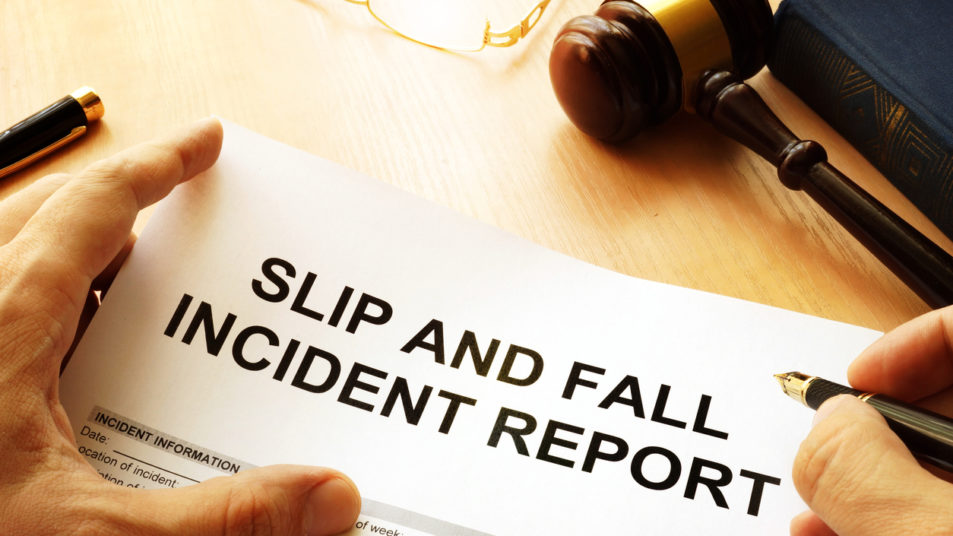Finding a Good Personal Injury Lawyer in NYC – A Step-by-Step Guide
If you’ve been injured in an accident in New York City, going to court can feel like a tremendous burden has been dropped into your lap. There is paperwork to file, strict rules to follow, and a great deal of uncertainty about whether or not you will be fully compensated.
For that reason, it’s important to have a qualified attorney on your side that will work hard to get you the money you deserve. But, as you may have noticed, there are thousands of law firms and personal injury lawyers to choose from in New York City. With that in mind, here are a few tips to help the process seem less overwhelming.
Do an Online Search
Perhaps the easiest place to start looking for an attorney is by doing an online search. Now, this can turn up hundreds of results. However, you can begin to narrow your research by selecting only a few relevant law firms or solo attorneys that have personal injury law listed as one of their specialties.
Spending some time on a lawyer’s website can give you an indication as to whether or not you might be a good match for each other. Firms often have blogs you can read and testimonials from clients that may be helpful. If you find an attorney that you like, write down his or her contact information and compile a list of those that you wish to follow up with.
Ask for Referrals
When it comes to finding quality professional services, word of mouth is an extremely useful method. According to Michele Mirman, a personal injury lawyer in New York City, “If you have friends, family, or a colleague that has hired a personal injury attorney in the past, they might be able to recommend someone.” Additionally, they may be able to alert you about a potential issue they had with a particular attorney in the past.
However, keep in mind that not all attorneys have experience in personal injury law. This means that if a referral is based on prior dealings with an attorney in another practice area, the advice might not be helpful. An example would be if your friend recommended the lawyer that helped him close on the purchase of a house.
That said, attorneys often have strong professional networks and can connect you with a lawyer that would be qualified to handle your case. For that reason, it couldn’t hurt to ask.
Conduct a Background Check
Now, attorneys often get a bad rap in the media. While much of this may be undeserved, it is always a good idea to do some sort of background check to make sure that the person you may be working with is honest and trustworthy.
In fact, the New York State Unified Court System makes this process easy through its website. You can use the search function to see whether an attorney is licensed in New York and whether he or she has a disciplinary record. When looking at this information, pay particularly close attention to any ethical violations against clients.
Create a List of Questions
Before reaching out to a potential attorney, it can be helpful to prepare a list of questions to ask. The goal in your initial meeting is to ascertain whether the attorney is qualified to handle your case and determine whether you will work well together.
Questions you might consider asking the attorney include:
- What experience do you have in personal injury?
- Do you have a track record of success?
- What is your current caseload like?
- Do you have support staff or paralegals?
- How do you prefer to communicate – email, phone, etc.?
- How will you get paid, and what expenses are the client responsible for?
The answers to these questions – and any others that you might have – can be really helpful in guiding your decision.
Schedule Meetings with Attorneys
Note that many attorneys offer a free initial meeting, often referred to as a consultation. However, this is not always the case, so you should consider asking before scheduling the meeting.
In most cases, meetings may be done over the phone or at the attorney’s office. Be prepared to explain your case and to ask any questions you have.
Contact a Legal Referral Service
If you are unsuccessful in finding a lawyer through recommendations or your own research, you might consider using the Bar Association’s attorney referral program. The service is free and the staff will help connect you with a qualified attorney.
Note that consultations with the lawyer may be up to 30 minutes, and the attorney is allowed to charge you a maximum of $35.
Make Your Decision
Now, after conducting your research and meeting with one or more attorneys, the final step would be to decide whether or not you would like to work with any of them. This process can take time and, unfortunately, it’s not always possible to know which lawyer would produce the best outcome for your case.
At the end of the day, this is your decision and the lawyer you hire should be someone that you feel comfortable with and is courteous to you.


